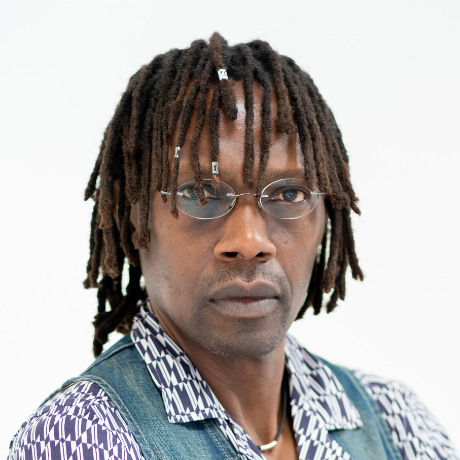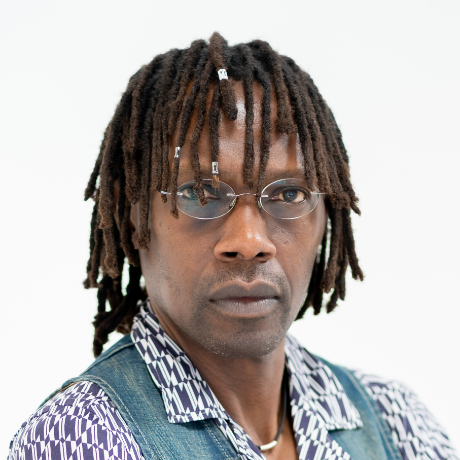
The Friendship Bench: Lessons from a Thousand Grandmothers
The Friendship Bench: Lessons from a Thousand Grandmothers
Pricing
Information
Date & Time
-
-
Description
The global burden of mental disorders and the shortage of trained professionals call for alternative approaches to closing the care gap. One such approach is training non-professionals in basic Cognitive Behavioral Therapy (CBT) skills to address common mental disorders such as depression and anxiety. This session will focus on how community volunteers can be equipped with these skills, drawing on lessons from the Friendship Bench model and insights from more than 100 peer-reviewed scientific publications, including clinical trials.
Participants will learn about the benefits for both those receiving and providing support, including intergenerational connectedness and the use of storytelling as a platform for healing. The session will also highlight the importance of expressed empathy and nonverbal communication—such as eye contact and body language—as part of the three pillars of the Friendship Bench and its work in Zimbabwe and beyond.
Examples from Washington, DC; New Orleans; Vietnam; El Salvador; and other countries will illustrate how the model operates and how it can be adapted to new settings.
Learning Objectives
Participants will be able to:
-
Describe the concept of task shifting and its application in addressing the mental health care gap globally.
-
Explain how structured storytelling and intergenerational connection can be used as tools for collective healing in community mental health.
-
Identify appropriate screening tools for detecting common mental health disorders in low-resource settings.
-
Discuss strategies for supporting community health volunteers and lay counselors in emotionally demanding roles.
Educational Goal
Target Audience
- Addiction Professional
- Counselor
- Marriage & Family Therapist
- Nurse
- Physician
- Psychologist
- Social Worker
Presenters
Financially Sponsored By
- GXC Events - The Global Exchange Conference
